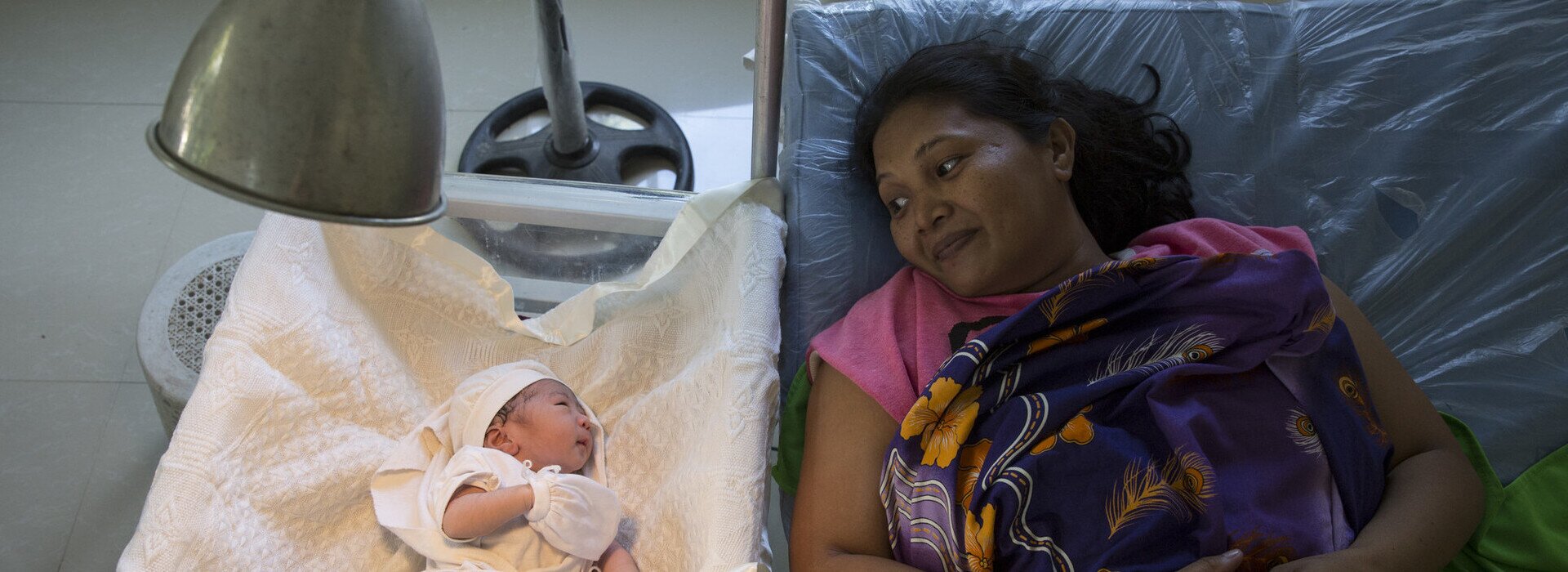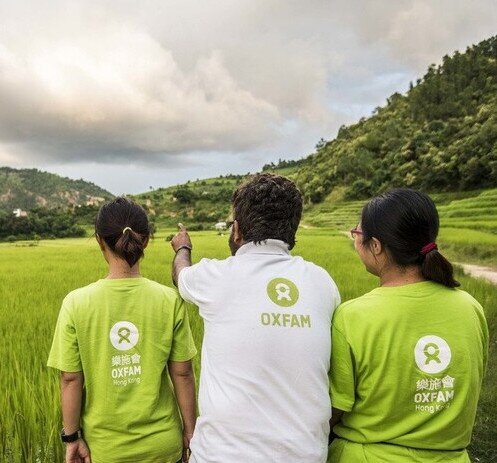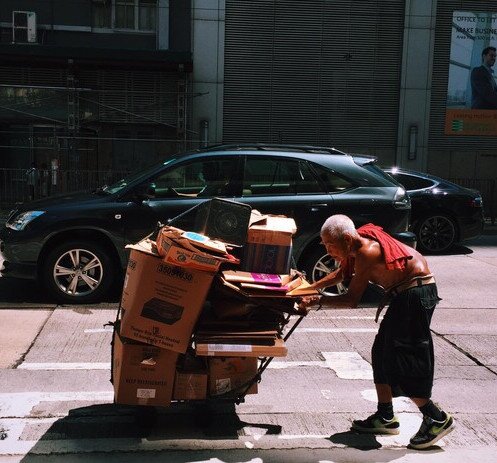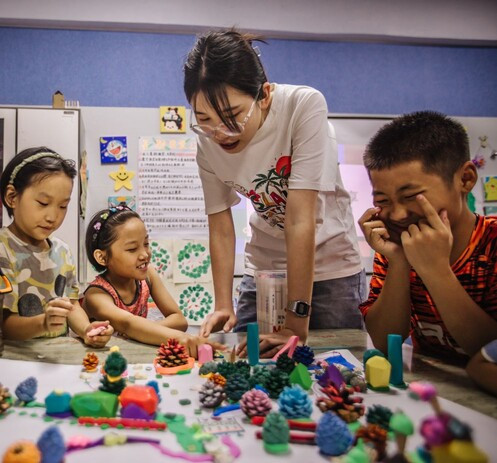Oxfam believes that equal access to opportunity should be available to all. We urge governments around the world to invest in basic services like education, healthcare and sanitation to tackle inequality and provide the poor with opportunities for sustainable development.
Impact Stories
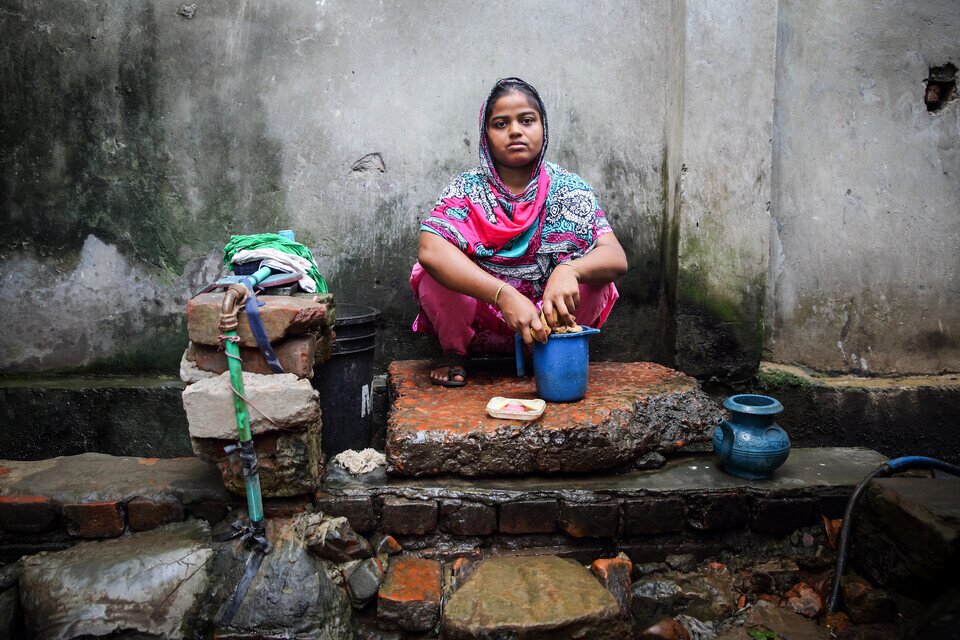
bangladesh - Fair Taxes: The Cure for the Lack of HealthCare
Caption: Rasheda Begum washing clothes in her yard, beside an open sewer. Chittagong, Bangladesh (Photos: GMB Akash/Oxfam)
‘Waste, garbage and polluted water runs down the side of our house. It’s an eyesore,’ Rasheda (pictured), 24, said. The young mother of two lives with her husband and mother-in-law in a shack in an industrial area of Chittagong in south-eastern Bangladesh. ‘We even see faeces floating on the water,’ she continued. ‘Because of this, the whole family is often sick, especially with diarrhoea. The children suffer from diarrhoea the most.
‘I spend sleepless nights worrying about the children getting sick. The treatment is so expensive. My husband earns about 10,000 taka (roughly HK$922) a month as a driver; 10,000 taka is not enough for a family of five to live on. Should I buy medicine for my children, or should I buy food to feed my family?’ Unfortunately, many families like Rasheda’s struggle with the same question.
Rasheda’s shack is surrounded by factories, some of which belong to multinational companies. However, they often take advantage of cheap labour in Bangladesh and make outrageously large sums without paying their fair share of tax in Bangladesh by transferring their profits to countries with low tax rates. However, to countless families in developing countries like Rasheda’s, corporate taxes are essential as they help fund public services.
Oxfam’s research has found that Bangladesh is collecting much less tax than it could be and a portion should be coming from companies. Oxfam is thus working with SUPRO, a Bangladeshi network of civil society organisations to call for a fairer tax system and a crackdown on corporate tax dodging so that the government has the revenue to invest in essential services like healthcare.
Together, Oxfam has been creating opportunities for national dialogue wherein we urge the government to adopt a progressive tax system. We also support community-based organisations’ active participation in the budgetary process to hold local governments accountable. On the ground, we’re also piloting projects like the use of water vending machines that are run by community-based organisations in poor residential areas to ensure access to clean water at an affordable price.
By tackling the problems people like Rasheda face by getting to the root cause to bring about long-term structural change and easing the symptoms to meet immediate needs, we hope families like Rasheda’s are able to thrive and not just survive.
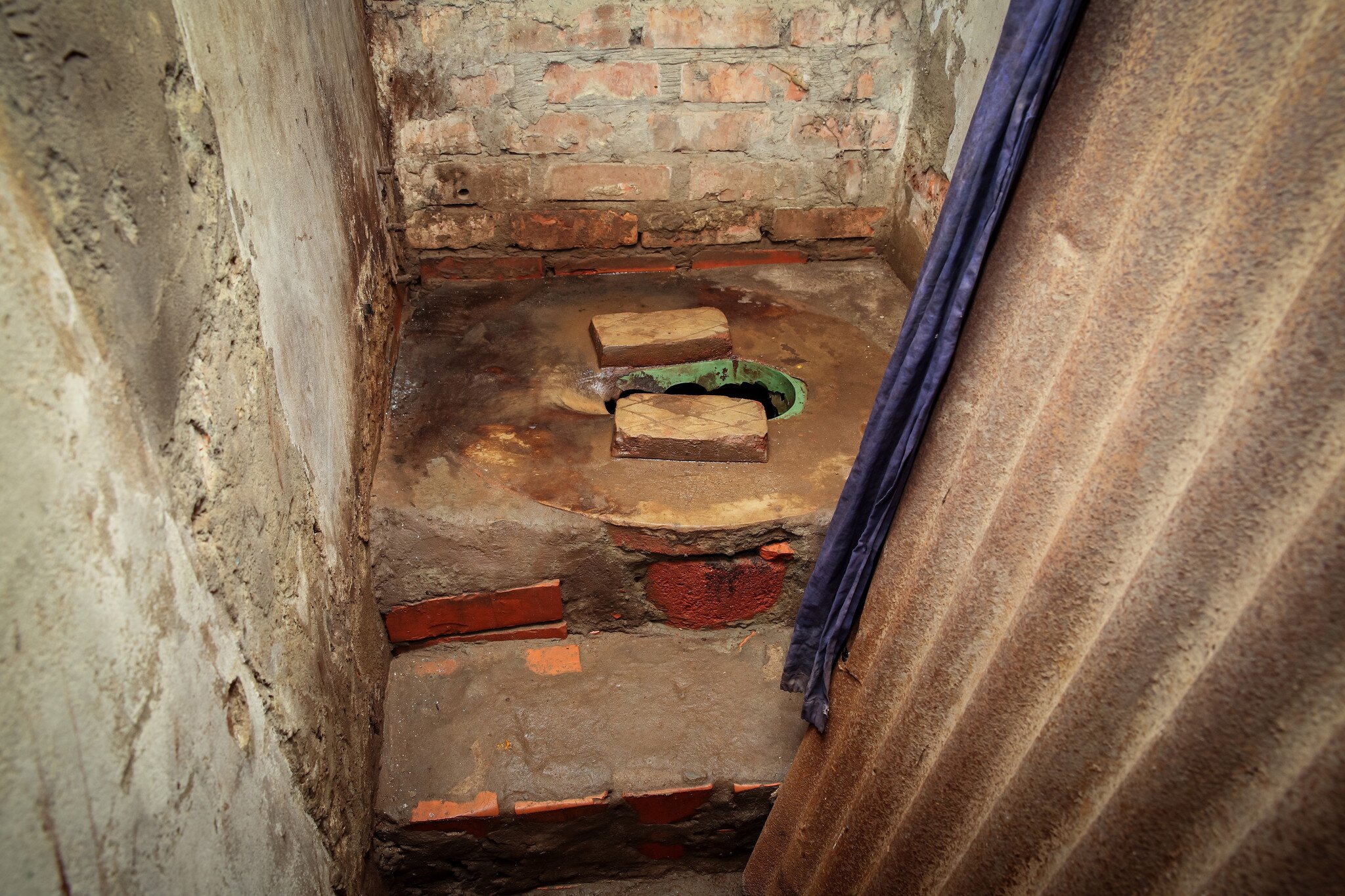
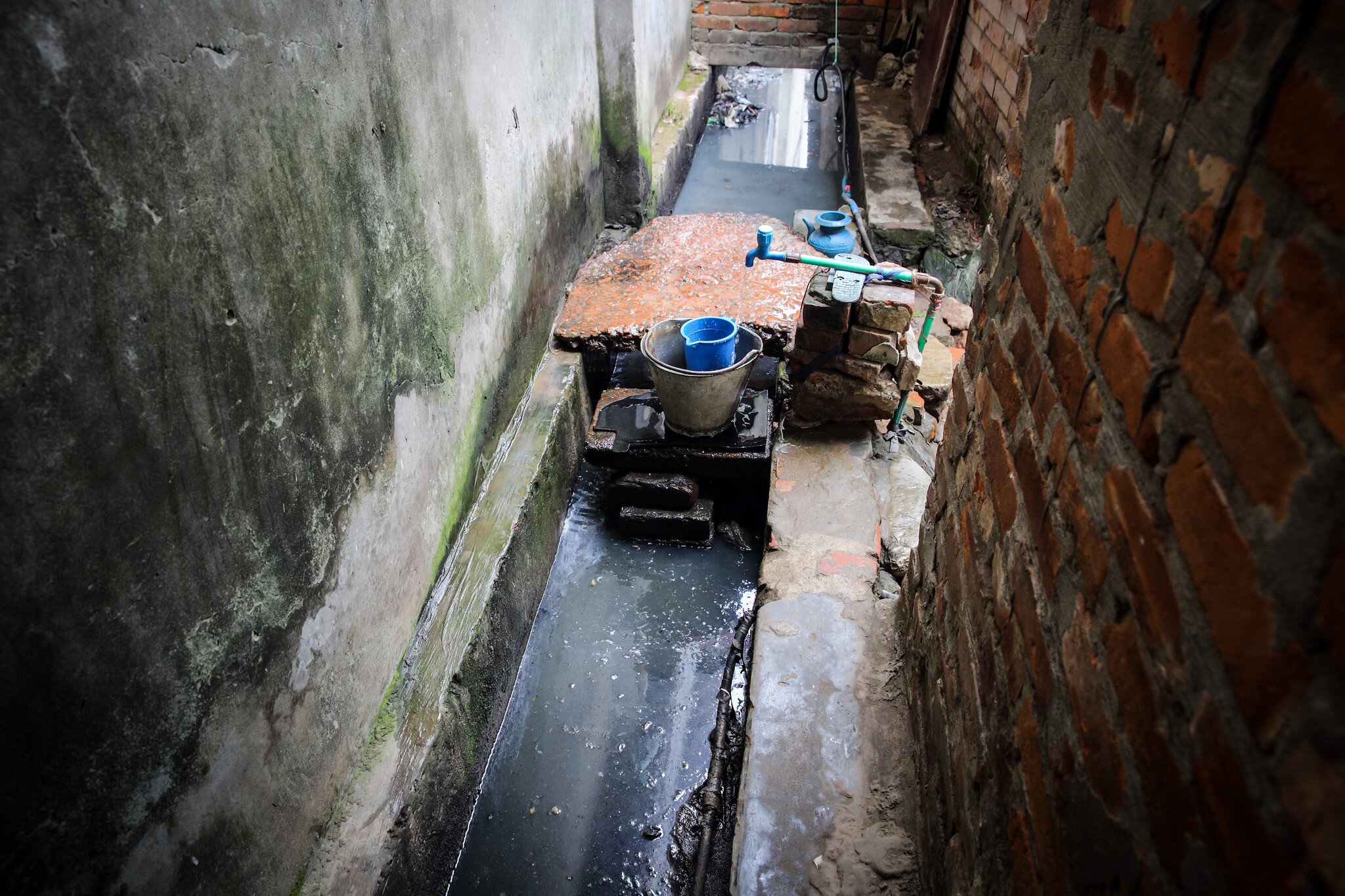
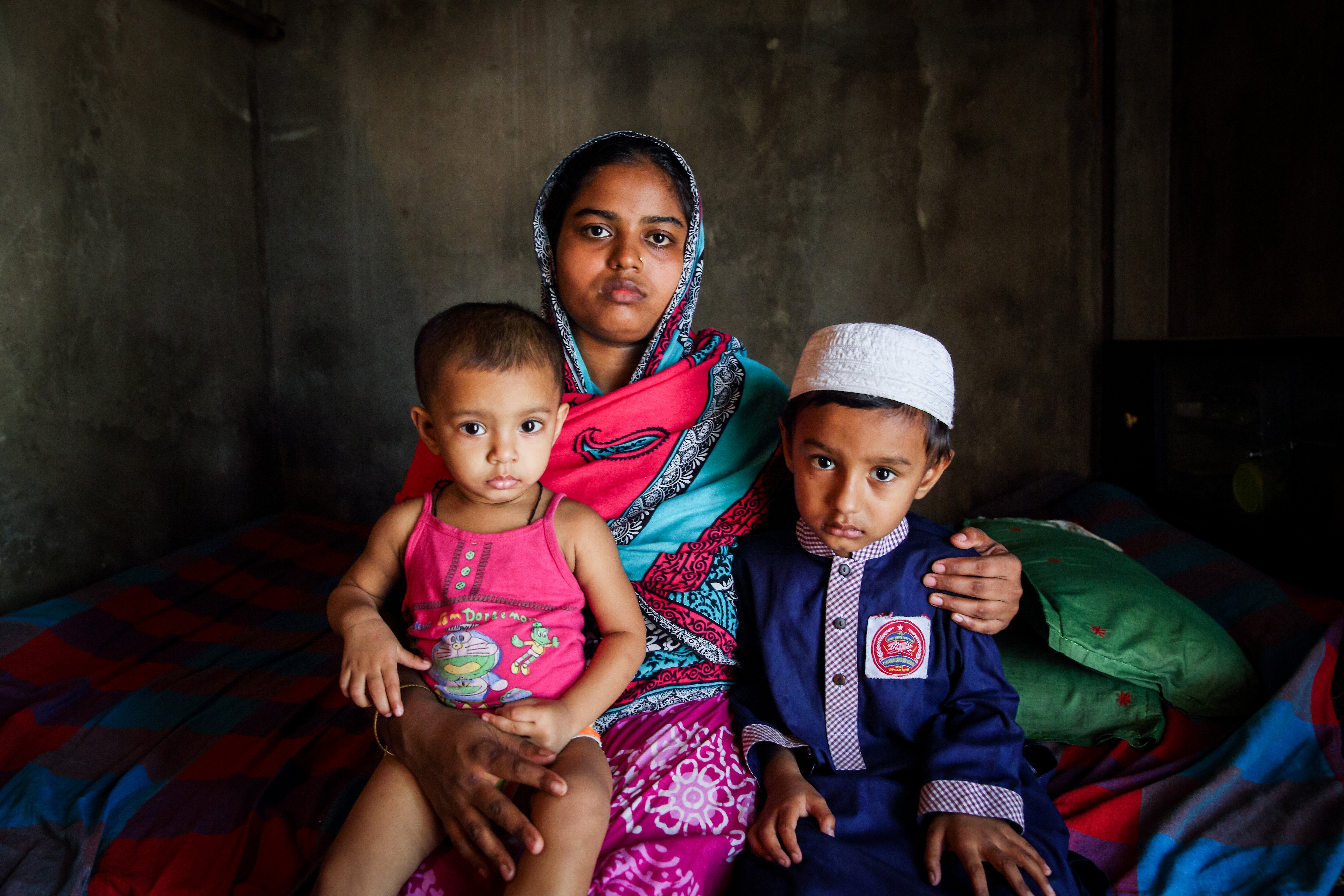
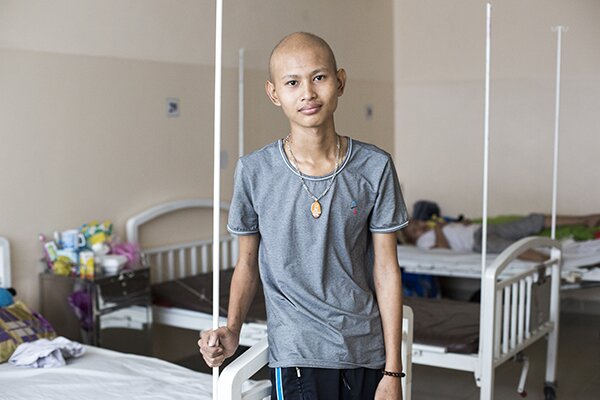
Vietnam - Too Poor to be Healthy
Caption: ‘I just want to have my diseases cured and pay all the loans back,’ said 16-year-old Nhut, who now lives at the Ho Chi Minh City Oncology Hospital. (Photo: Adam Patterson / Oxfam)
When Nhut was 15, he was diagnosed with a brain tumour. Emergency surgery to remove it saved his life, but left his family with unmanageable debt. Despite having health insurance, his family still had to take out a high interest loan to cover the medical fees. Since the surgery, Nhut has had to have further cancer treatment, leaving his parents with no choice but to sell their family home, farmland and farm assets.
Nhut’s case isn’t unique though. Each year, thousands of Vietnamese families are forced to take out loans and sell assets to pay for healthcare. In 2012, for instance, over 400,000 Vietnamese households were pushed into, or further into, poverty due to health expenditures. Despite increased public spending on health, it tends to be pro-rich. Public expenditure on hospitals and subsidies for wealthier citizens is much larger, whereas spending on commune health centres account for a small share of total spending.
We at Oxfam are thus calling on the Vietnamese government to increase budget allocations for public services in the poorest areas and for the most marginalised groups. We’re also calling on the government to provide resources and support for civil society to track and monitor budgets, and to increase spending on social protection, public health and education systems.

